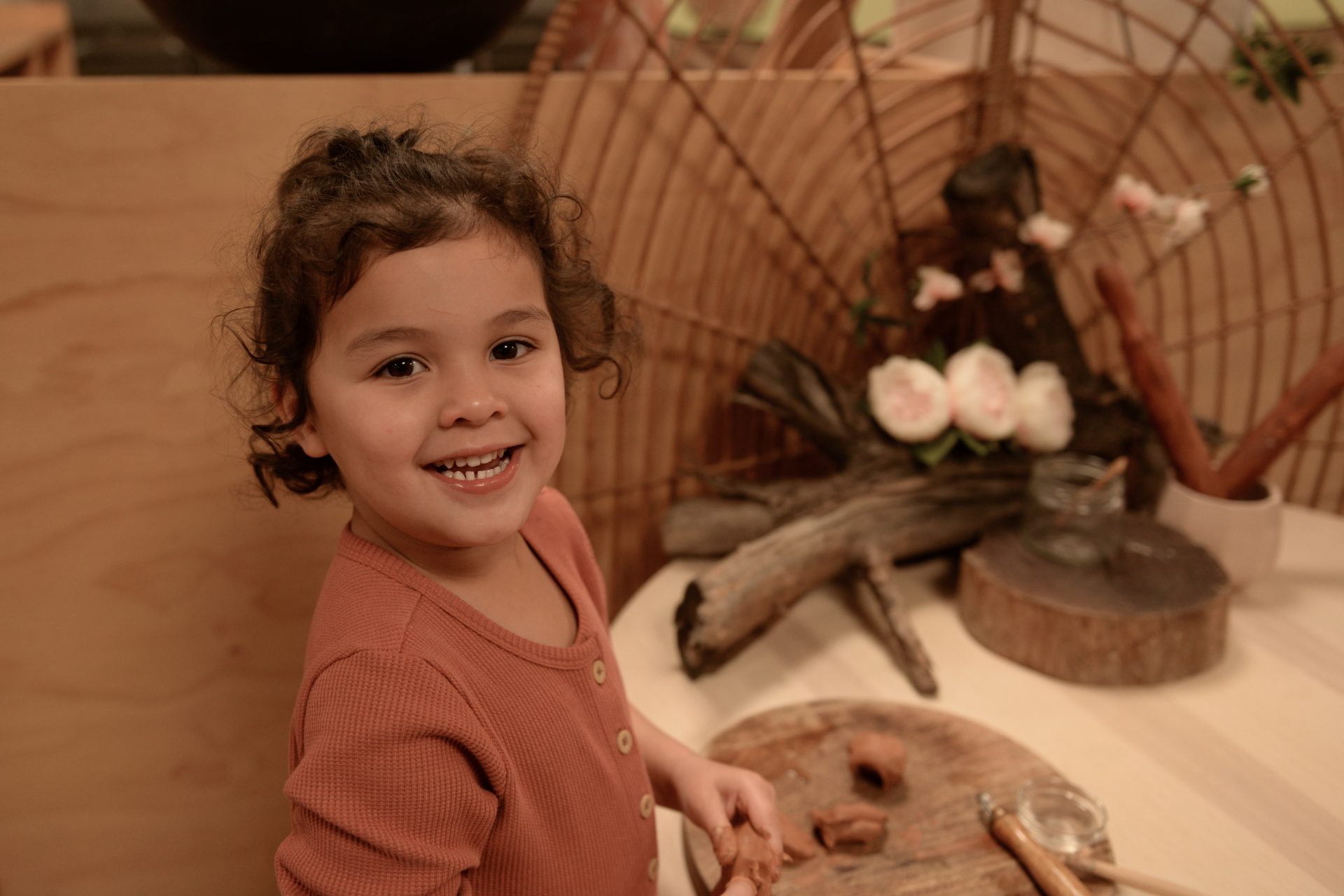
Emotional intelligence (EI) is all about how a person understands, recognises and manages emotions, both in themselves and others. This is a super-important facet of learning that begins during the earliest stages of life. Therefore, fostering emotional resilience in preschoolers is a crucial element of education.
With a far-reaching impact for all future learning and life skills, a child’s first few years is when the brain is makes more neural connections than at any other time. If we look at this in the context of EI, it’s when the building blocks of the future self-aware and empathetic person that they have the potential to become are being laid. Therefore, an environment and activities that encourage great EI development are essential.
Self-awareness, empathy and emotional regulation aren’t isolated skills. They are intertwined and have a direct impact on multiple other areas of life. These include:
- Social skills.
- Motivation and overcoming adversity.
- Building relationships.
- Problem solving.
- Building resilience.
Indeed, it even spills over to learning and academic prowess, which in turn can influence their future career path, happiness and overall life success.
Learning Emotional Intelligence During Early Childhood
The benefits of a high level of emotional intelligence can’t be overstated, and there are many ways that parents, caregivers and early childhood educators can integrate easy steps to help this build. This can be done both formally and informally, with strategies melded into both the early learning and home environments.
Examples of this include:
- Helping children to learn appropriate language: Learning and using words that describe emotions, such as happy, sad, funny etc, helps children discover the art of articulating feelings.
- Teamwork and problem-solving activities: Working together in a fun situation goes a long way towards creating collaborative learners, which in turn helps with relationships, academic performance and building the resilience to cope with life challenges.
- Storytelling and role play: These are primary ways to introduce emotions, act out scenarios and quite literally play the part of showing and understanding the depth and breadth of the feelings that humans experience.
- Actively encouraging children to share and vocalise their feelings: Ensuring the home, classroom and family unit are safe spaces where emotions can be freely shared without fear of judgement promotes a healthy, open attitude that actively encourages the formation of those vital neural connections within the brain.
- Practice what you preach: Adults modelling the appropriate behaviours that encourage mature emotional intelligence. Showing empathy, actively listening to show that their feelings are valued and appropriately sharing emotions are primary methods to help children understand and learn these vital skills.
There are multiple studies that show that the higher a person’s emotional intelligence, the less likely they are to suffer from mental health issues, such as anxiety and depression. The already mentioned benefits for academic and career success are largely based on the well-researched understandings that the better a person understands and regulates their impulses, the higher their levels of concentration and learning.
Add in the proven facts that higher EI results in forging stronger relationships with others and it becomes easy to see why this is such a vital early learning skill.
Evoke Early Learning Educators are highly skilled at integrating methods that promote the development of emotional intelligence. Daily life in both our Albert Park and Clayton Centres includes multiple fun ways that help shape the development of EI, including active listening and conversations, role playing, storytelling, group problem solving and more.
Book a tour today at your preferred destination and come and see our friendly team in action.

Tracey is a highly qualified educator and administrator and brings a strong combination of academic achievement, extensive work experience in the education and business sectors as well as drive and passion to her role as General Manager of Operations at Evoke Early Learning.
Tracey has a Master of Education and an Advanced Diploma of Business and holds VIT Dual Registration to teach in Early Childhood and Primary School settings. She’s also a VIT Trained Mentor Teacher and has worked in ECEC settings as a Director, Educational Leader and as a Victorian Senior Area manager. Her recognition as a state finalist in the recent Director of the Year Awards is testament to her achievements in the early education sector.
Her extensive work experience also included a stint as Head of Curriculum at the Royal Children’s Hospital Education Institute and positions as head of ICT at a number of large primary and secondary schools. Tracey is also experienced in not-for-profit sessional kindergarten settings and long daycare environments, so she has a deep understanding of what’s required to support the needs and expectations of young children, educators, parents and caregivers.
Tracey is responsible for operational management at Evoke Early Learning’s Clayton centre in Oakleigh East and their Albert Park centre in South Melbourne and is deeply committed to leading and driving effective and sustainable service delivery throughout the company.
Tracey is passionate about making a meaningful difference to young children, their parents and the wider community and under her expert guidance, Evoke Early Learning is continuing to raise the bar in quality early education and childcare.


